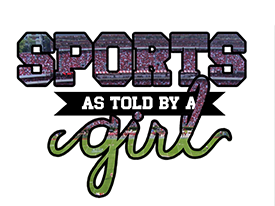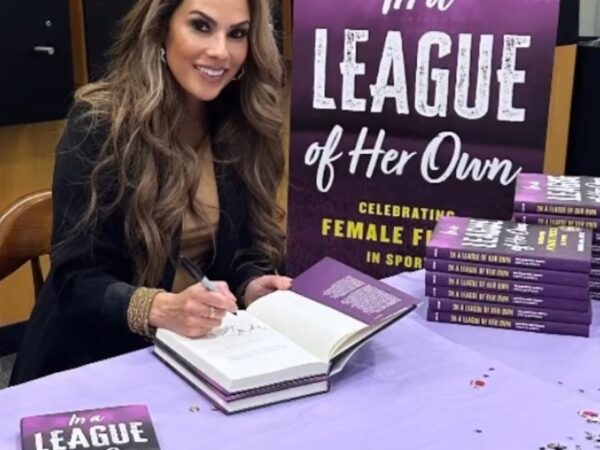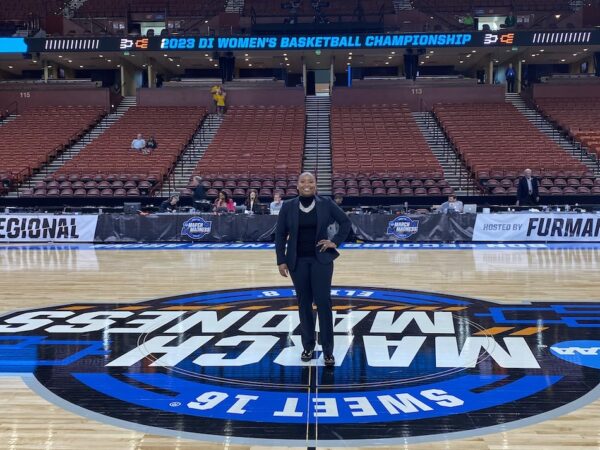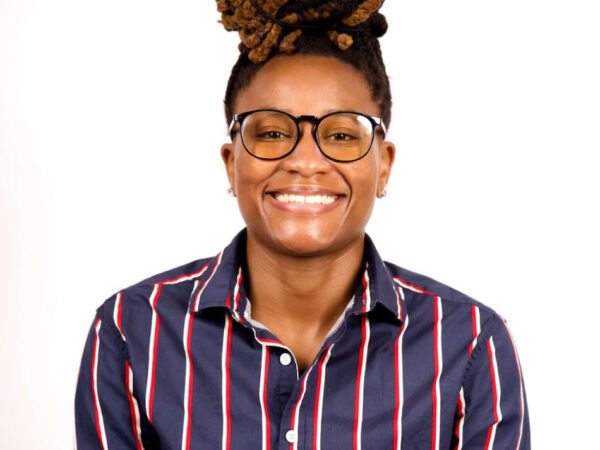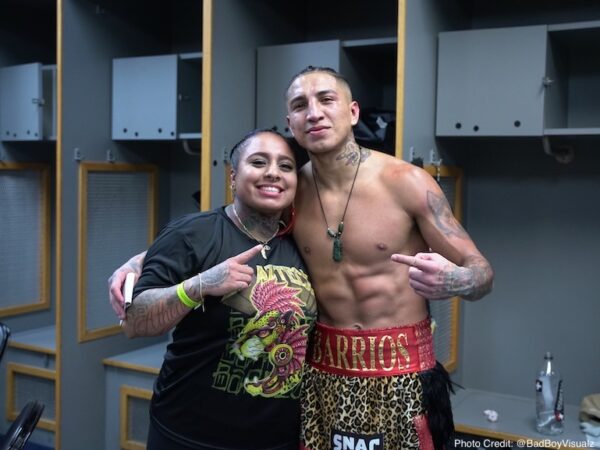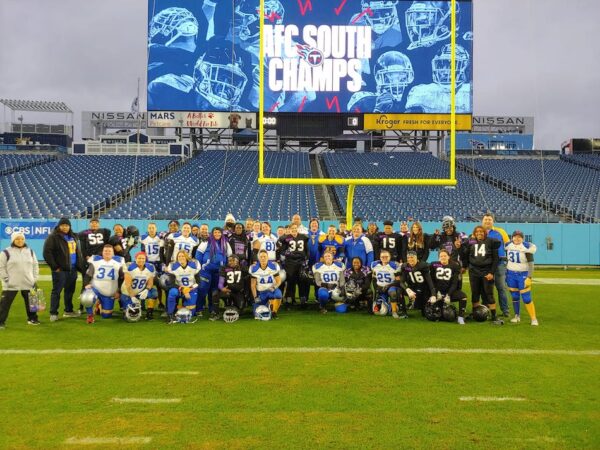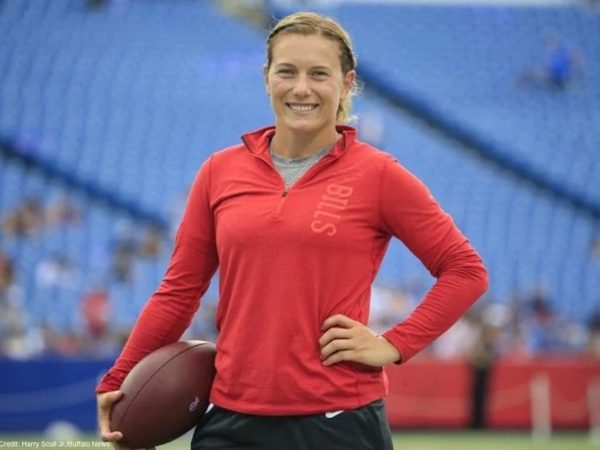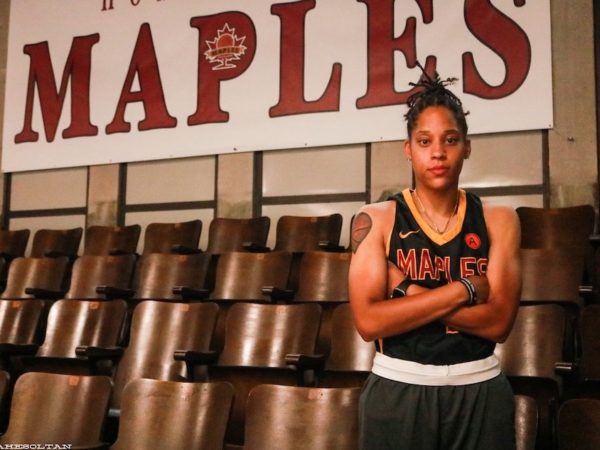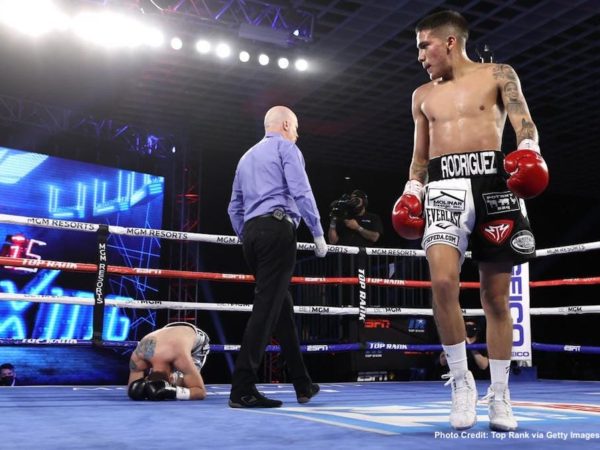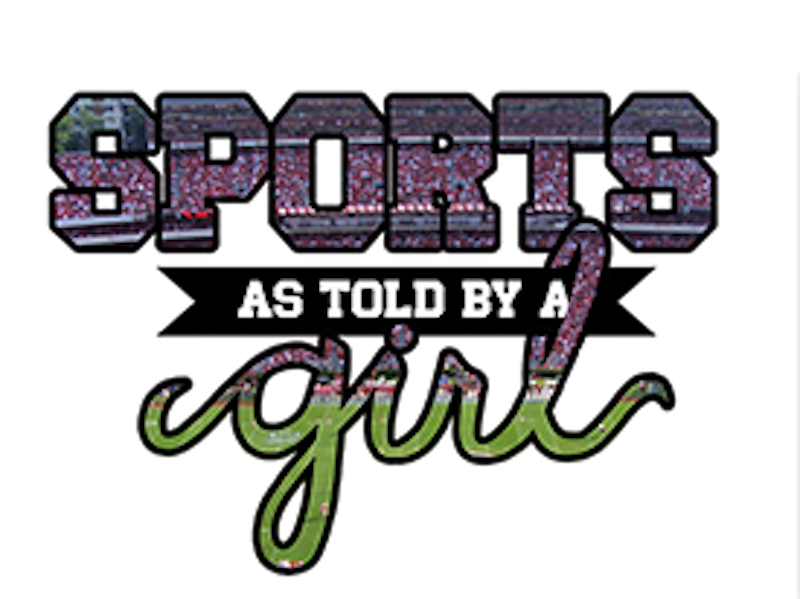When she realized the lack of coverage of women’s sports she knew she had to switch directions. The former Harvard soccer captain took the lessons she learned and wanted to share them. After consulting with World Cup champion Julie Foudy and Pele’s eldest daughter Kely Nascimento-DeLuca, Petruccelli created Raised a Warrior. It’s a love letter to young women wanting to work in male-dominated fields that you are not alone. There is an army fighting to make things better. A new edition Raised a Warrior is being released in July, but you can secure you receive your copy now. First, hear from Petruccelli about why she chose to make fighting inequality her life’s mission.
Where did your love of sports develop?
My love of sports developed from my dad and grandfather. Hearing them tell stories about each other’s football careers made me love it. But my love of playing sports came from my brother Tom who played any sport I wanted to play with me out in the backyard. He never said, “You can’t play that because you’re a girl” or “You’ll never be as good because you’re a girl.” He was in my corner always telling me I could do anything and showing me how.
How has being a former soccer captain at Harvard University impacted your life?
Being part of the Harvard women’s soccer program, and part of Harvard Athletics has been the most formative experience of my life. It’s an incredible place and the people are exceptional. My teammates inspired me to hold myself to a higher standard. I got to be co-captain of the team as a senior with my amazing teammate and friend, Sara Noonan, after being told during my sophomore year that an injury was the end of my career. It was pretty special to make it to my senior year and get to be one of the captains. But more importantly, I never gave up on myself because I was hoping to be captain one day. It helped me put my life back together when things fell apart. And I live my life with the intention of always trying to be deserving of a captain’s badge, no matter what I’m doing. That has stayed with me. It’s something I’m always striving for and it’s what I have in the back of my mind when I’m trying to raise my kids. I may not always think or behave like the perfect captain, but I’m learning more about what it means to be a great captain – that’s one of the most important reasons why girls need sports and sportsbooks – to learn about the attitude, integrity, responsibility, and everything else that’s part of being a captain.
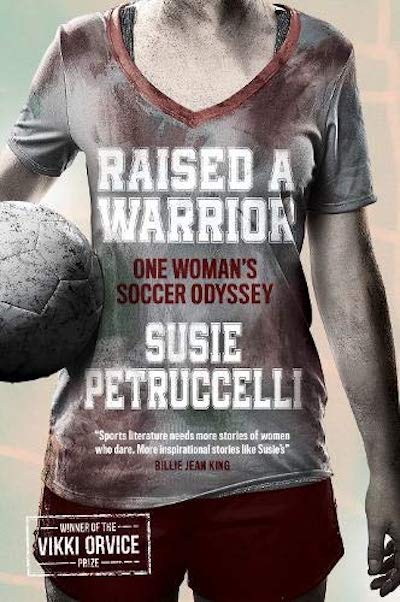
When did you realize you wanted to write a book?
I started writing this book right after I graduated from Harvard. At that time I imagined it like a movie – a combination of The Bad News Bears and Animal House – Haha!! I was young and I knew it could be a really fun, raunchy college sports story about an Ivy League women’s soccer team. I knew that was unique. I knew the sports arc of the story was complete and worth telling. I thought people would enjoy it if I could tell it right. I didn’t know at that time that a women’s sports story was going to be seen differently than a men’s sports story. Learning that difference is what really woke me up to gender inequality and turned out to be just the beginning of the story for me.
You are releasing a new edition of your book Raised a Warrior. What do you hope people take away after reading it?
I hope people get to know me. I hope to earn their trust and bond with people one by one. If they see things through my eyes and feel things that I feel, then I’m steadily building a group of people who know all of the things that I have been diving deep into for the last 15 years. And like I say on the last page, there are moments in every little girl’s life when she experiences devaluation because she’s a girl. I want them all to know there is a growing network of people who are trying to make things equal before she grows up.
What inspired you to write Raised A Warrior?
At first, I think I had to write about soccer because I couldn’t play it anymore. I played longer than I was supposed to. It was everything to me. I couldn’t give it up. Once I finally did give it up, I was still thinking about it all the time and in pure stubborn unwillingness to give it up completely I naturally gravitated to writing about it. Being back on the field even if only in my mind was pretty satisfying. I felt the adrenaline and all the highs and lows as I was reliving it through the writing process. And then later my inspiration for this version started when I realized that the two most important opportunities I’d had in my life – getting to go to a school like Harvard and play soccer throughout my life – were both the result of a law that was passed just two years before I was born! I realized that if I’d been born just five years earlier I wouldn’t have had a soccer team to play on in my town. And then I realized what about girls outside of the United States where there is no law yet like Title IX that is growing girls’ opportunities in education and sports. And that’s where this all started for me.
You were also involved with the documentary “Warrior Women of Football” which was co-directed and produced by Pele’s daughter Kely Nascimento-Deluca. What does the documentary provide insight on?
Yes! Thank you so much for asking! I just had coffee with Kely yesterday and got a very exciting update about the film. To give you a little background, Warrior Women of Football is a project created by Kely that works to understand where the women’s game is today and why female players are still invisible in most places. The reasons are different everywhere but there are patterns, and unfortunately, no place is equal. The project’s purpose is to raise awareness and support for organizations around the world that are successfully using soccer as a tool to help girls around the world, like Coaches Across Continents and UN Women. The film is actually one part of Kely’s project and is titled Warriors of a Beautiful Game. And we’re so excited because we will have a rough cut of the film in a couple of months! We have an excellent team around us – Justin Noto, Eric Branco, Lais Araujo, Donald Rosenfeld, Kate Williams, Catherine Bealin and so many more incredible people involved. The film is going to be very special. I’m so proud to be part of it.
Why do you think representation is so important?
Representation is important because we cannot rely on others to advocate for us. In order to change things faster, let’s say to close the gender pay gap before our daughters/ nieces/granddaughters are in the workforce, we need to be in decision-making roles. We need to represent them at the table.
How can we break down some of the inequalities that exist in sports?
We need to see them first. There are so many inequalities all around us that we accept as common sense. We need to stop accepting the crumbs, as Billie Jean King would say. We have to expect the cake and the icing too, like everyone else.
Where do you hope to see women’s sports in five years?
Continuing to progress towards equality and getting more women into leadership positions. The players using their platforms and social media to display instances of inequality helps, like what we saw with the NCAA women’s basketball tournament. For soccer, I hope that in five years FIFA has committed to a long-term horizon for equalizing the prize money between the men’s and women’s World Cups. They can commit to a 50-year timeline of closing the prize money gap by 2% per year. It’s the right thing to do. They are a non-profit, not a club with the end goal to make money. Their duty is to grow the game equally for everyone.
